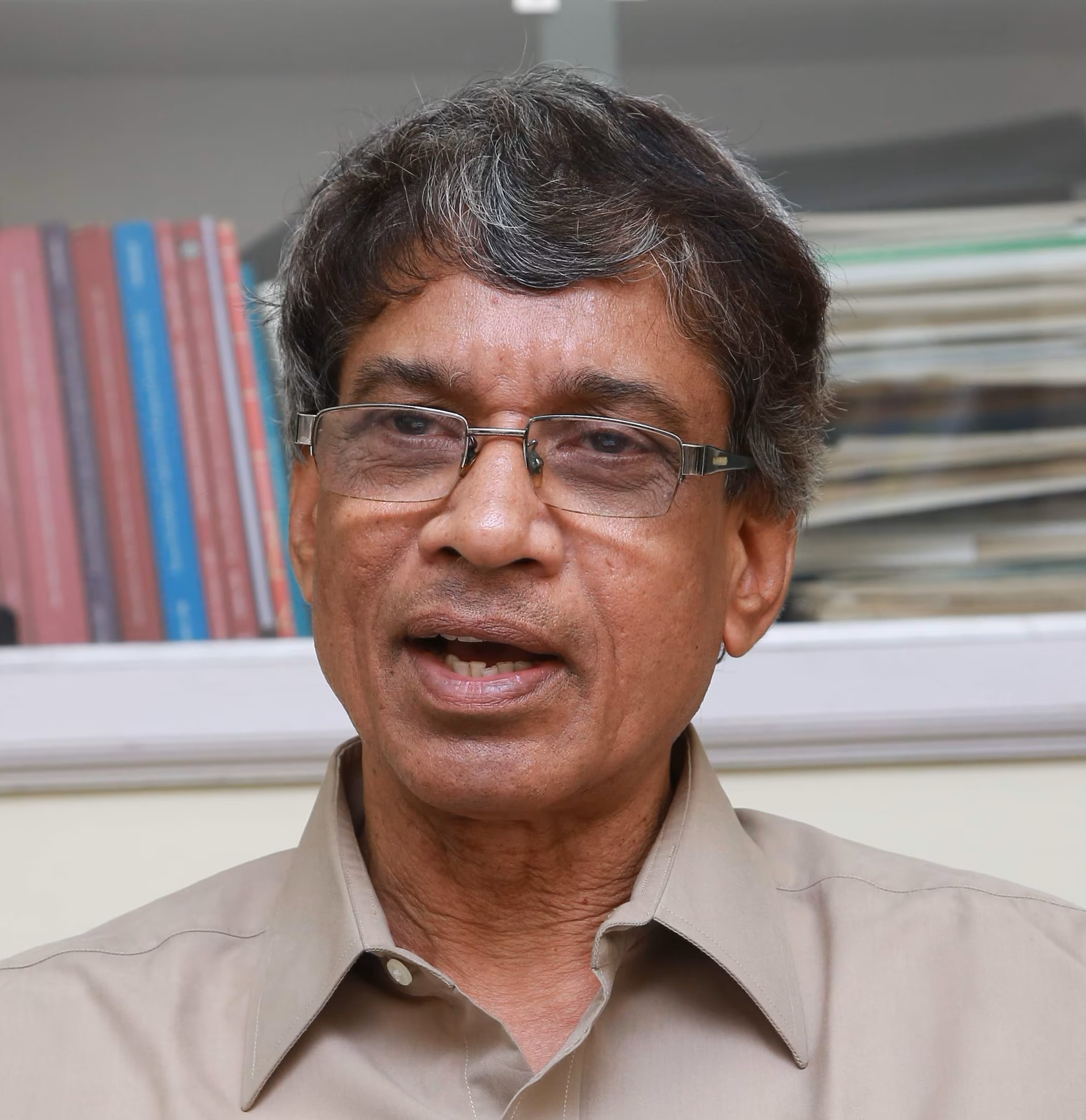
Speakers
-
 Dr. Nupur BahadurSenior Fellow and Associate Director, Tata Energy Research Institute (TERI)
Dr. Nupur BahadurSenior Fellow and Associate Director, Tata Energy Research Institute (TERI)Dr. Nupur is Senior Fellow & Associate Director in TERI. Founder of NMCG-TERI CoE on Water Reuse, established by Ministry of Jal Shakti GoI and TERI. http://nmcgtericoe-wr.in She obtained Ph.D in Chemistry from IIT Roorkee and her 24 years of work experience involves R&D, Innovation, IP, Technology Development & Commercialization, Teaching, Policy, Advocacy, Capacity Building & Consultancy. Her areas of expertise are Nanotechnology, Material Science, Advanced Oxidation Photocatalysis (AOP), ZLD & Water Reuse, Solar Disinfection, Circular Economy, GHG emissions, mitigation & Net Zero in wastewater sector.
Namami Gange National Mission motivated her to work in areas of pollution abatement & river cleaning. With a zeal to contribute to Nation Building through her S&T endeavours she invented TERI’s TADOX® Technology to treat Sewage, Municipal & Industrial Wastewater Open Drains and Landfill Leachate. https://youtube.com/watch?v=tCt5rxC7eik
Technology is Licensed for Commercialization to 2 Companies. She filed Patents and have regd TM to her credit. 25 SCI Journal publications have avg IF 8.33 & 1255 citations in Google ScholarShe is Vice-Chairman IWA-India; Member of Consultative Group of Experts Committee of CPCB MoEFCC, GoI for the preparation of BREF/COINDS Document for Textile Sector; Member, DST National Committee on Methane Mitigation Technologies, FICCI Water Mission Committee, ICC Committee on Water and IWA Project Innovation Award Jury 2021; Programme Committee of Singapore International Water Week (2019-2022)
Extraordinary Outcomes of DST-WTI Project through which TADOX® Technology was developed were published by Ministry of Science & Technology GoI https://pib.gov.in/PressReleasePage.aspx?PRID=1748888
One of her publications in Materials Today [I.F. 24.2] was cited as discovery (12.04.2012) This week top story (16.04.2012) & Top 5 Material Science News of 2012 (21.04.2012) at www.materialstoday.com/news/achievesAwards received: (1) Design & Manufacturing Technologies for Make in India (IISF-2015) by Ministry of Science & Technology GoI (2) VIWA-2018 Outstanding Women in Science (Chemistry) by Venus International Foundation, Chennai (3) Aqua Foundation Excellence Award 2019 for Technology Development (4) STE Water Award 2019 for Technological Innovation (5) STE Meritorious Award 2020 (6) TERI Roll of Honour 2021 (7) FICCI Water Award 2022 for Innovation in Water Technology (8) 2023-Featured amongst 10 Indian Water Sheroes by the O/o PSA to GoI, Red Dot Foundation and UN Women (9) Indian Women Scientist Association’s Member Achiever Award 2023
-
 Prof. S JanakarajanPresident, South Asia Consortium for Interdisciplinary Water Resources Studies (SaciWATERs)
Prof. S JanakarajanPresident, South Asia Consortium for Interdisciplinary Water Resources Studies (SaciWATERs)Prof. S. Janakarajan has been working in water and environment related issues in South India for over 20 years. He has carried out many research projects in several river basins with particular reference to surface and groundwater management, problems of water market, water rights and water laws, water pollution and the issue of water governance. He has traveled widely and has presented many papers in international and national workshops and conferences. His areas of interest are rural and agrarian development, disaster management, water management, environment, and markets. He has published four books and many papers in national and international journals. In recent times, he has worked extensively on issues relating to water conflict and conflict resolution through multi-stakeholders dialogues with practical interventions in three river basins in Tamil Nadu. He has also completed studies pertaining to solid and bio-medical waste and on urban sewage management.
Local Time
- Timezone: America/New_York
- Date: May 23 2024
- Time: 8:30 am
Water and Indian Cities: A Futuristic Analysis
Habitat Forum (INHAF) invites you to the second episode of its 5 Part new Conversation Series on Water and City.
Prof S Janakarajan will engage in Conversation with Dr. Nupur Bahadur on Water in Indian Cities: A Futuristic Analysis
Join us on Monday, May 20, 2024, at 4 PM IST.
Degree of urban expansion has been pretty rapid in Indian cities. Climate change impact is likely to be more severe on the mega cities in India, more to the marginalized sections of the population. All Indian cities have substantial extent of slum population ranging from 20 to 40%. Urban expansion process is irreversible. Of course, urban expansion contributes to the market expansion, state’s economy and to its finances positively – After all, cities are regarded as engines of growth. And, at the given rate of urban expansion of the cities in India, the domestic and drinking water needs of the city growing city population are going to be one of the most important and pressing demands in the near future. But do we have any concrete plans to handle such a challenging situation? Do we have any control over such urban expansion programs? How do Metropolitan Development Authorities in India justify urban expansion plans?
The consequences of such urban expansion programs can have devastating impact on ecology and environment. At the moment, the IT capital of India, Bengaluru city is facing a crisis situation. Many cities in India have had devastating impacts. Have we learnt any lessons from the disasters that the Indian cities have experienced so far?
At the given degree of urban expansion, one is really concerned about what will be the future of the Indian cities as regards water demand and supply. And, also the situation will be one of either “excess rainfall / excess water (flood) or low rainfall / less water (drought). Indeed, the climate change is threatening more as never before.
